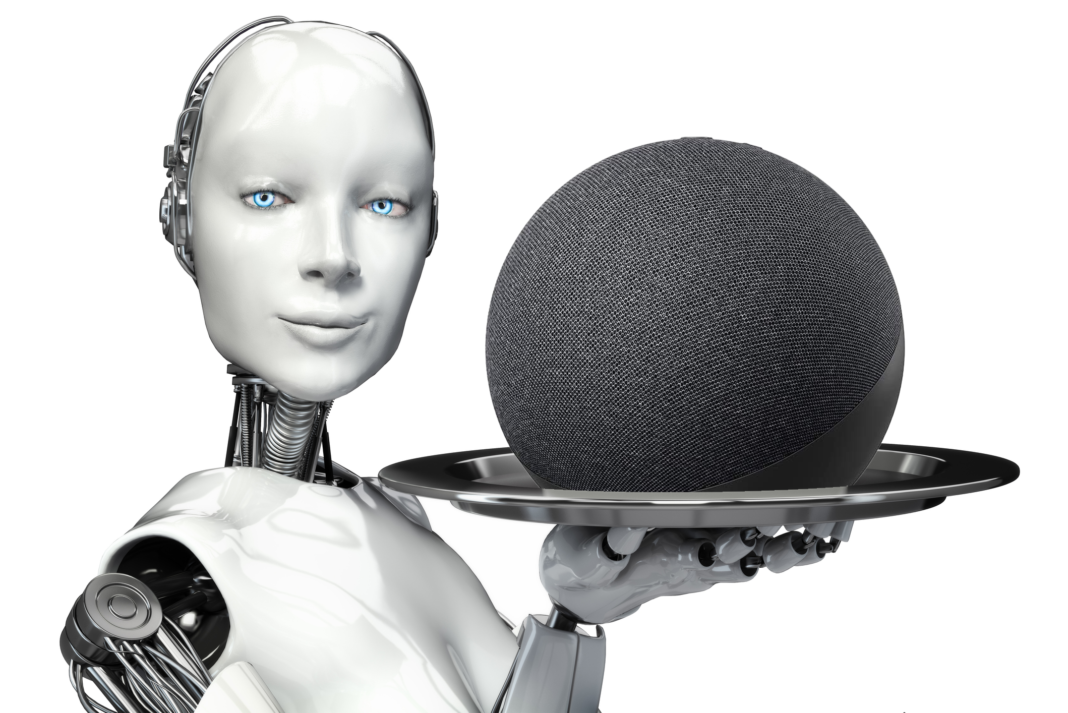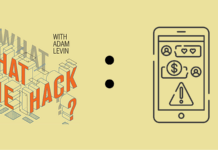Innovation can create new problems, and often even new industries. Two and half millennia after the invention of the wheel, we have traffic jams–made possible by the auto industry and Big Oil. That’s two industries right there. Fast food and high fructose corn syrup caused worldwide obesity, and gave rise to factory farming as well as the diet industry. (That’s two more!)
More recently, privacy has been a recurring issue when it comes to innovation, but it was a problem pre-Internet, as well.
Credit cards opened the door to overspending and account takeover as well as a host of privacy concerns around who gets to know your spending and bill-paying habits. Then there’s EZPass and FasTrak. Who doesn’t love automated toll roads? (Hint: People who don’t like being tracked.) The list is potentially endless, but no innovation has given rise to as many industries in the last fifty years than the Internet.
(Yep, the Internet is eligible to join the AARP this year!)
User privacy is an essential part of keeping your data and identity safe online; it’s something we talk about regularly on our podcast “What the Hack with Adam Levin.”
It’s no easy task to identify the 10 biggest Internet-related privacy failures masquerading as the next best thing since the World Wide Web, but here it goes.
#4 Voice-Activated Digital Home Assistants
Robot butlers are pretty common in utopian sci-fi, but only recently are they available to the average consumer and totally affordable. While voice activated home assistants can’t serve you breakfast in bed, they can get your breakfast delivered.
Being able to dim the lights, play music or choose a movie from the comfort of your recliner is pretty awesome, as is having an always-on device to call 911 when trouble is detected. There is absolutely nothing to complain about when it comes to these perks of owning a digital home assistant device.
The problem isn’t the machine, but what it’s connected to. Big data companies like Google, Facebook (Meta) and Amazon dominate the field. These companies and others have invested enormous amounts of time and money into developing a way to get a constant and detailed data feed about user behavior. Having an always-on microphone and camera in your living room is the ideal way to do that. It’s one of the reasons these devices are so affordable. They’re effective tools in the non-stop money grab known as the surveillance economy.
Until a company with strong privacy bona fides can offer a secure alternative to the voice-activated assistants currently on the market, it’s worth your while to get up from your chair and flip that light switch the old-fashioned way.
<< Smartphones || Read the full article || Smart IoT Devices >>










